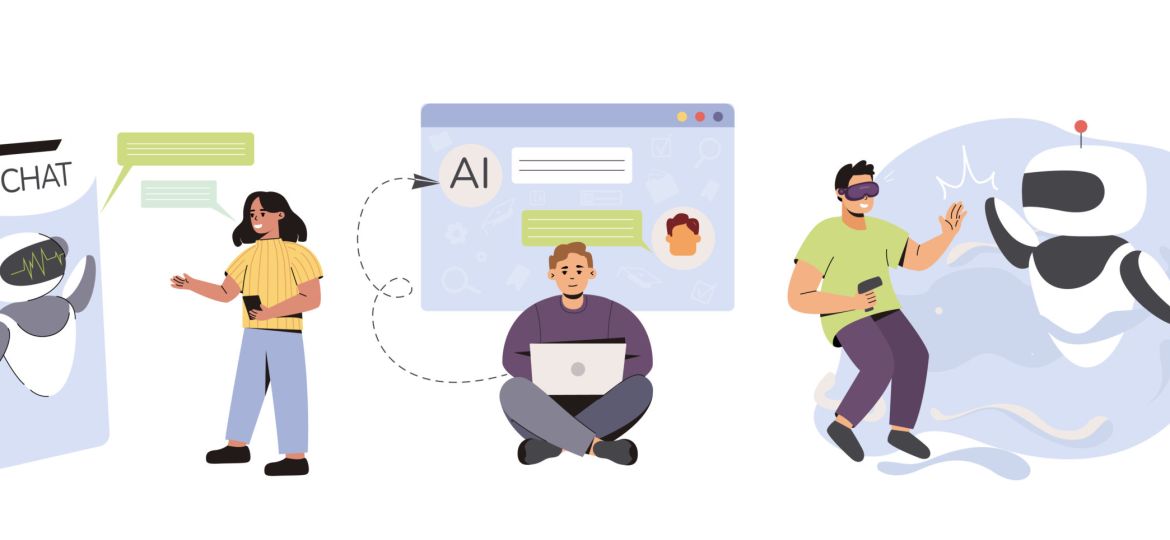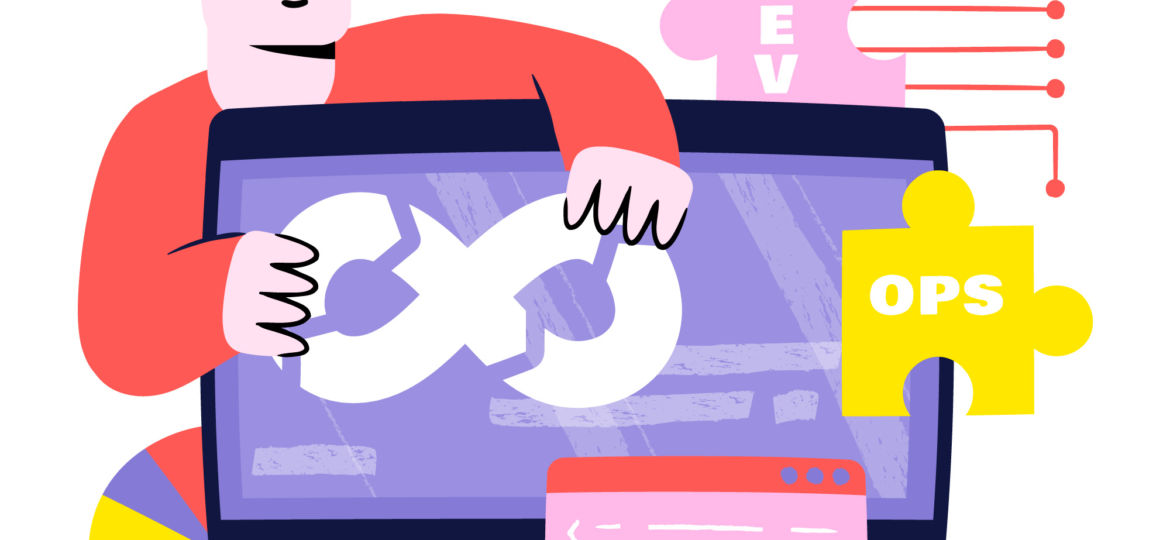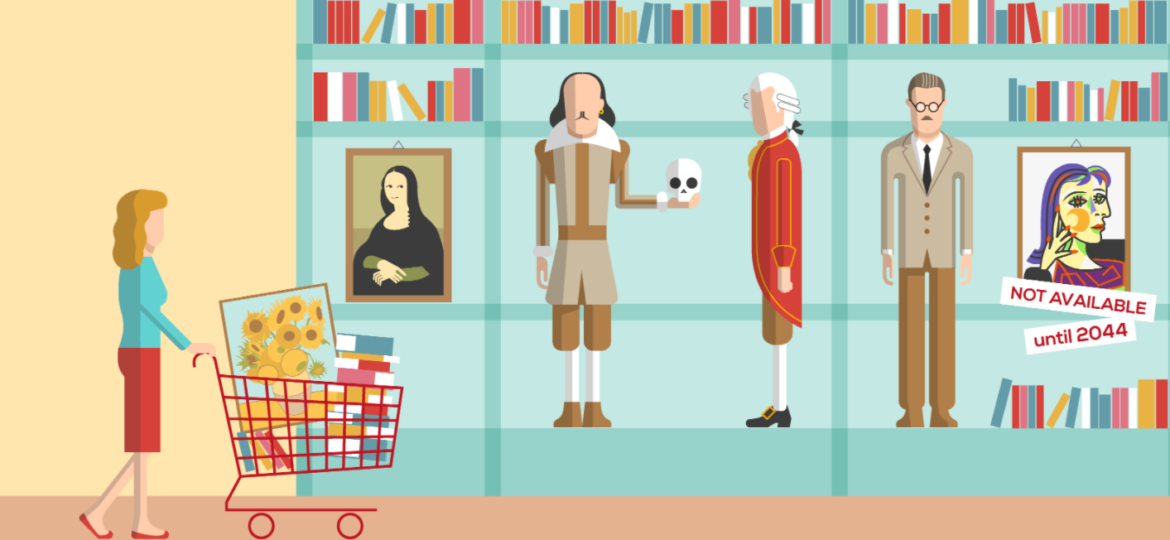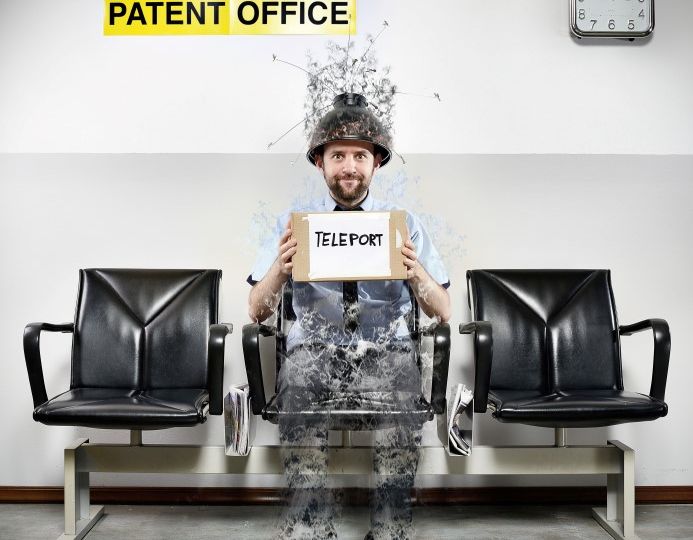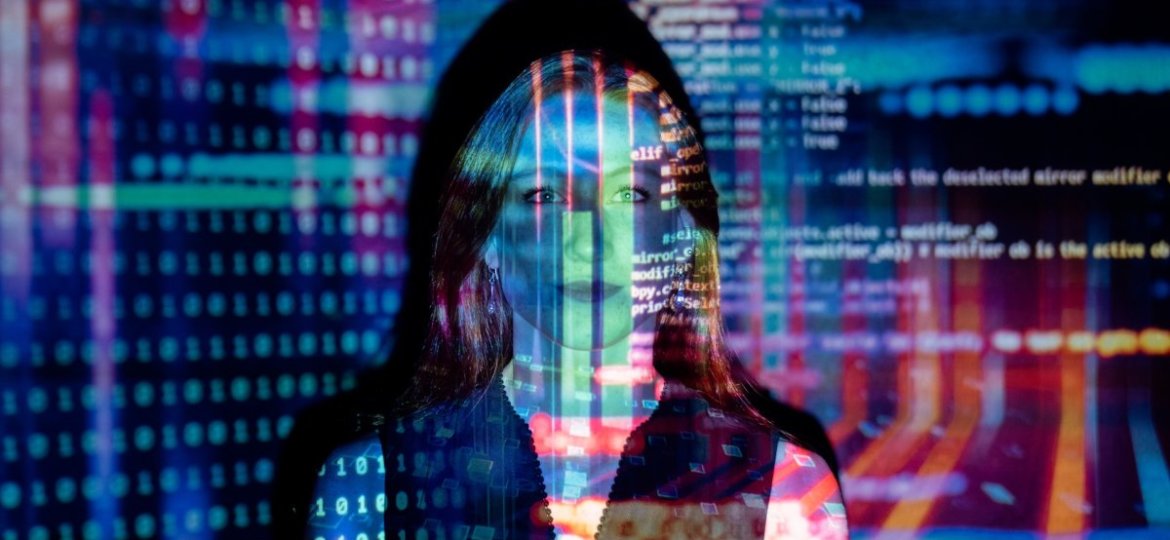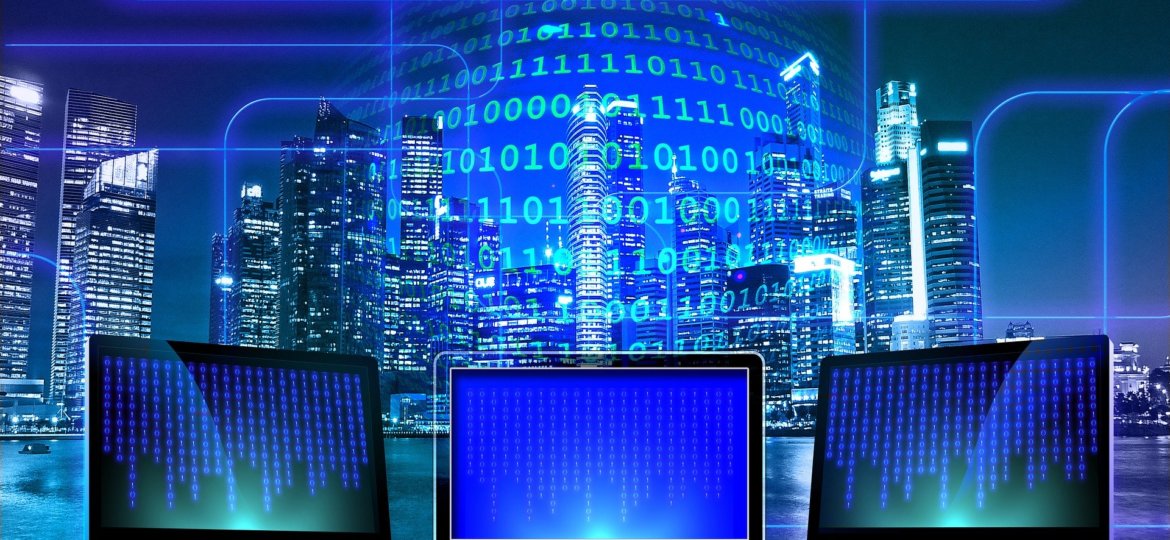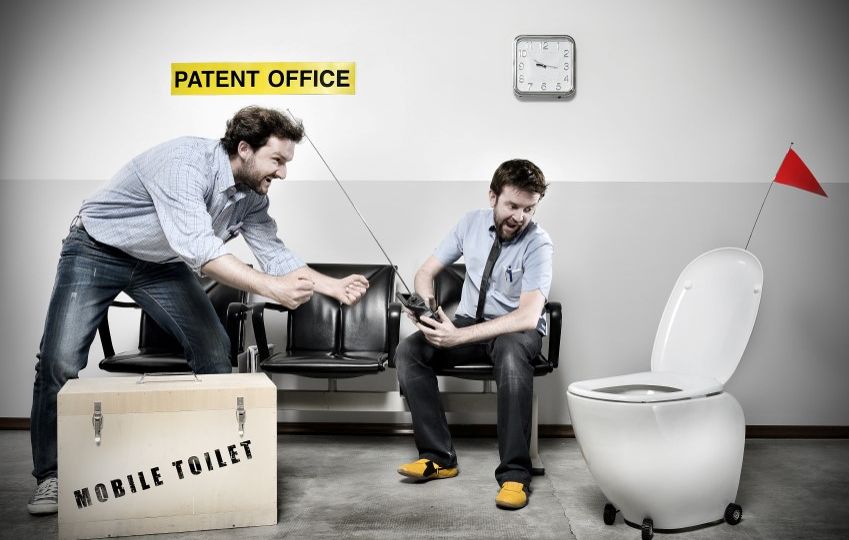As generative artificial intelligence (GenAI) becomes integral to various industries, understanding its mechanics and associated intellectual property (IP) implications is essential for businesses. This article explores GenAI applications from an intellectual property perspective, highlighting key considerations for EU businesses involved in contracting or providing AI services.
Intellectual Property
Within the world of open-source software, every line of code comes with its own set of rules. Whether you’re an innovative startup crafting the next big app or a seasoned enterprise integrating third-party solutions, understanding the nuances of open-source licenses is paramount. This article is here to help you understand the most popular licenses, their implications, and the practicalities that businesses often overlook. Navigate with confidence and chart a course to licensing clarity.
When you want to use a work that is in copyright (and copyright lasts a long time), you need to get permission from all copyright owners. Some works have several rights attached to them and each right may have more than one owner so you may need to …
A work – like a book, a song or a film – is in the public domain when there is no copyright attached to it. This means that you can re-use that work for free, without the need to ask for permission from anyone: you can just copy it and use it. When copyright in a work comes to an end, the work is said to enter the public domain. In many countries, such as the UK, this generally happens 70 years after the last creator’s death, bearing in mind that a work may have several creators.
When creating new work, it is natural to be inspired by the work of others. However, there is an important distinction between simply being inspired and unlawfully copying.
When you want to use a work that is in copyright (and copyright lasts a long time), you need to get permission from all copyright owners. Some works have several rights attached to them and each right may have more than one owner so you may need to get permission from them all.
Small and Medium Sized Enterprises (SMEs) face numerous challenges related to managing copyright. These challenges are due to characteristics such as size (SMEs range from 1 to 250 employees), availability of resources (including those other than human resources) and market position.
If you own the copyright in a work, you are free to exploit it on your own or license the use of it to another party (such as a book publisher). ‘Exploit’ in this context means to develop or make use of it. When considering whether to license your work, you should assess whether or not you are truly the owner of the work in question.
Copyright is a set of ‘exclusive’ rights, giving creators the right to control the use of their work and the ability to earn from it. The term ‘exclusive’ in copyright law means that the copyright owner has the right to exclude others from …
You have spent ages (and possibly large amounts of money) working on developing your computer-implemented idea. You know you have something special, but have you given any thought to whether you may have something patentable in all of that work?
Bernie Amarillo shares his learnings about the patentability of software related computer implemented inventions (and alternative sources of venture capital)
It is always frustrating to hear from a client seeking advice regarding the patentability of their invention, that they have been disclosing details of their invention to third-parties without having obtained a non-disclosure agreement (“NDA”) or having filed a patent application.
Under copyright laws in the EU, Switzerland, and the UK, the freelancer owns the copyright in the work product they create for you. There is no automatic transfer of ownership to you just because …
If you are operating a business in the European Economic Area (EEA) or if your business is outside the EEA but offers goods or services to customers in the EEA, you are no doubt aware of the General Data Protection Regulation (GDPR).
There are now many on-line platforms like Upwork and Fiverr where you can hire freelancers for a variety of different services. However, in hiring such talent you need to clarify contractually who owns the intellectual property (copyright) in the work product that is created by the freelancer.
As a company or an individual that has developed an innovative product, you need to make sure, at all times, that you protect your rights over the invention. This is particularly important when you need to talk to a third party about scaling up the prototype and using their manufacturing/ industrial expertise to produce and commercialize it.
Vicky Walker, a world-famous French surgeon, came up with an innovative idea but she needs help to produce it. She meets with a third party and discloses her idea as they discuss a potential deal. But wait, did she act wisely?
Santiago collaborates with a network of freelancers from around the world and wants to make sure that his company owns the intellectual property rights in the work product.
The biggest difference between SaaS (Software as a Service) and on-premise is how they are implemented, or in the case of SaaS, how it isn’t implemented. SaaS is accessed via the internet, instead of having it installed and maintained through company hard drives.
One recurring question in the field of patent law is: is my [invention] patentable? There is, unfortunately, no simple, one-size-fits-all answer to this question, because there are many different angles to examine before one can determine whether an invention is patentable.
What are the key things to consider when granting a software licence? Learn from the story of Bernie Amarillo.
Software is protected by copyright as a literary work. Copyright does not require registration as it automatically takes action from the moment of creation.
Generally, copyright gives the software owner the rights to prevent others from:
Bernie receives a test version of a software from a friend, likes the idea and decides to “adapt” it and create his own to then commercialize it. Soon he discovers that it was not wise to do so…
Bernie Amarillo, Swiss entrepreneur, goes to see Elton John at Montreux Jazz, gets inspired, re-brands and discovers the hard way what Copyright means.
